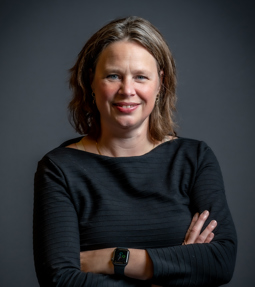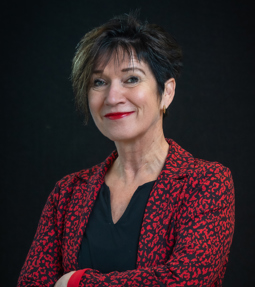The health care sector will face major challenges in the coming years. To relieve the care sector, the importance of prevention and a healthy lifestyle is increasing. This also increases the need for research into prevention and the promotion of a healthy lifestyle, for smart technology that connects with the home setting of citizens, and for preventing the risk of chronic diseases in order to reduce their economic and social impact. These developments come together in the Healthy Society scientific program.
The ageing population, loneliness and health inequalities are issues that require a new and integrated approach. There is increasing attention for a broader approach to health, in which well-being and factors such as living conditions, psychological complaints or, for example, stress are included. The Healthy Society scientific program aims to improve health and well-being in all sections of the population. Healthy Society does this with interdisciplinary scientific research into disease prevention and health, with the aid of citizen participation and with personalised and digital health solutions, with the focus on cardiovascular patients and their families. Attention is also paid to the economic and social impact of the program and public-private partnerships with relevant regional and (inter)national stakeholders.
The objective of the Healthy Society scientific program is the development, evaluation and implementation of citizen-based, personalised and digital health solutions to optimise health and well-being and reduce health inequalities. The scientific program focuses not only on changing the behaviour of individuals, but also that of their family members. It considers the role of the wider environmental context and the economic and social impact. In the program, various scientific disciplines from different academic institutions work together with social partners.
Influence of environment on health
Within the Healthy Society scientific program, projects will be selected for further research. For people with cardiovascular disease, lifestyle changes, such as quitting smoking, increasing exercise or changing their diet, largely determine the course of the disease. The program wants to investigate how environmental factors can promote this. Within the program, two projects will be launched with the aim of:
- Achieving sustainable behavioural change in cardiovascular patients and their family members
- Identifying ways in which environmental factors can increase the effectiveness of lifestyle interventions in cardiovascular patients and their family members
In the longer term, these projects aim to address a number of key challenges, such as:
- Contributing to more and happier years of life with a higher quality of life for citizens
- Contribute to reducing health inequalities between population groups, with special attention to citizens with low socio-economic position (SEP) and ethnic minorities
- Giving more attention to prevention, lifestyle and home care with the help of eHealth technology
- Creating unique datasets within Healthy Society Living Labs in the neighbourhoods within province of Zuid-Holland and connecting these datasets at every level with the help of AI technology
Collaboration
The consortium consists of researchers from Leiden University, LUMC, Health Campus The Hague, TU Delft, Erasmus University and Erasmus MC.





